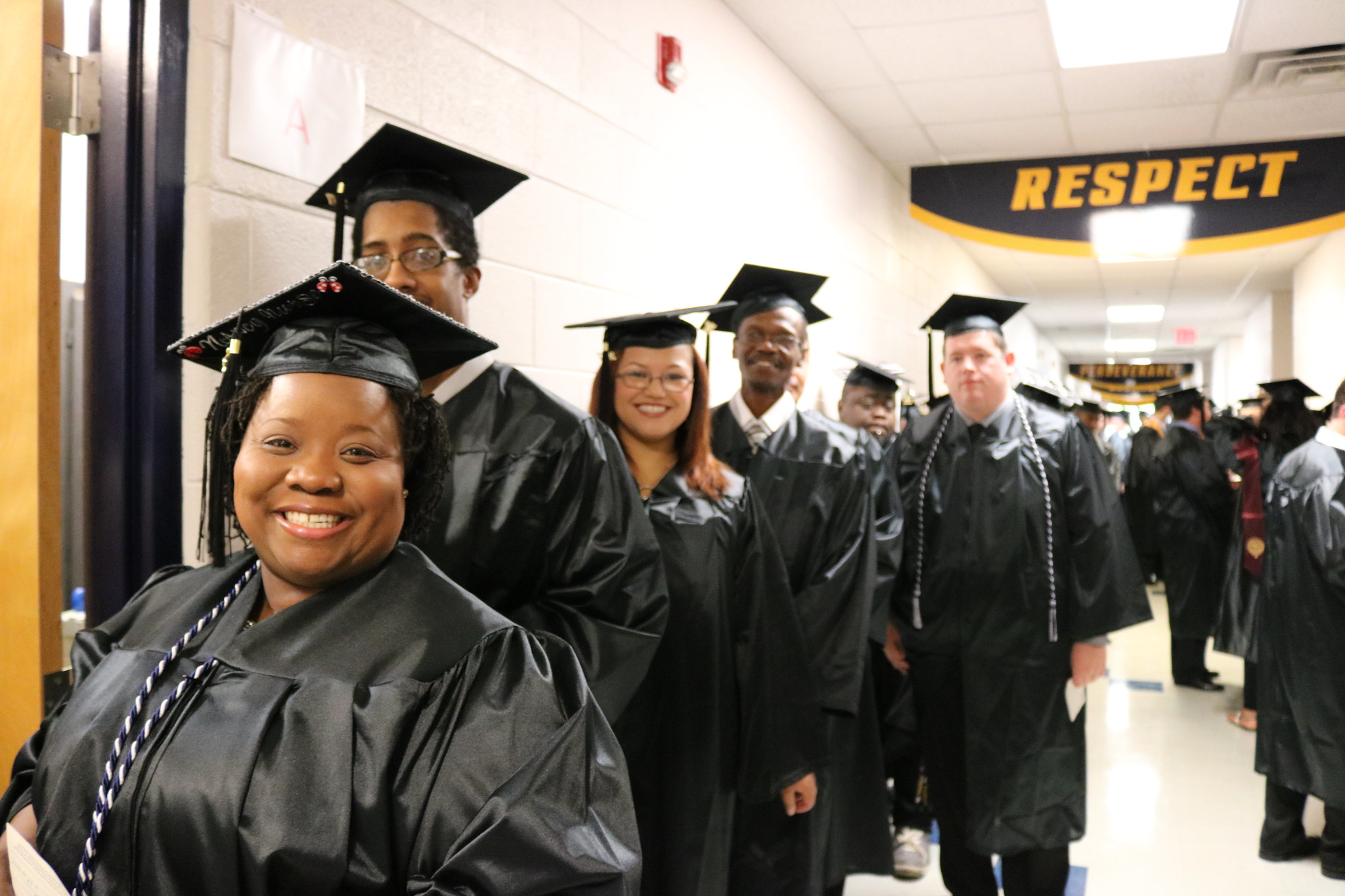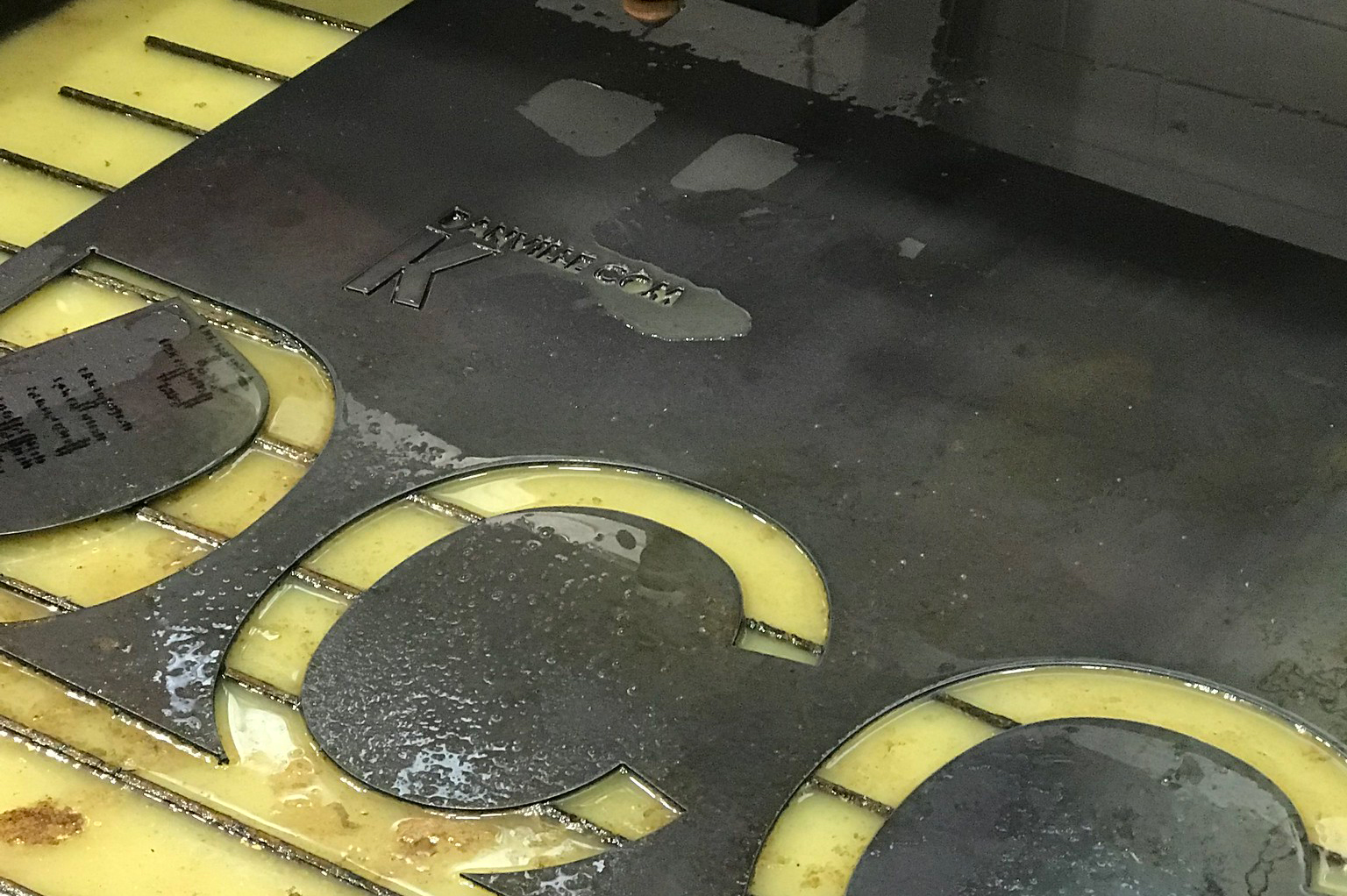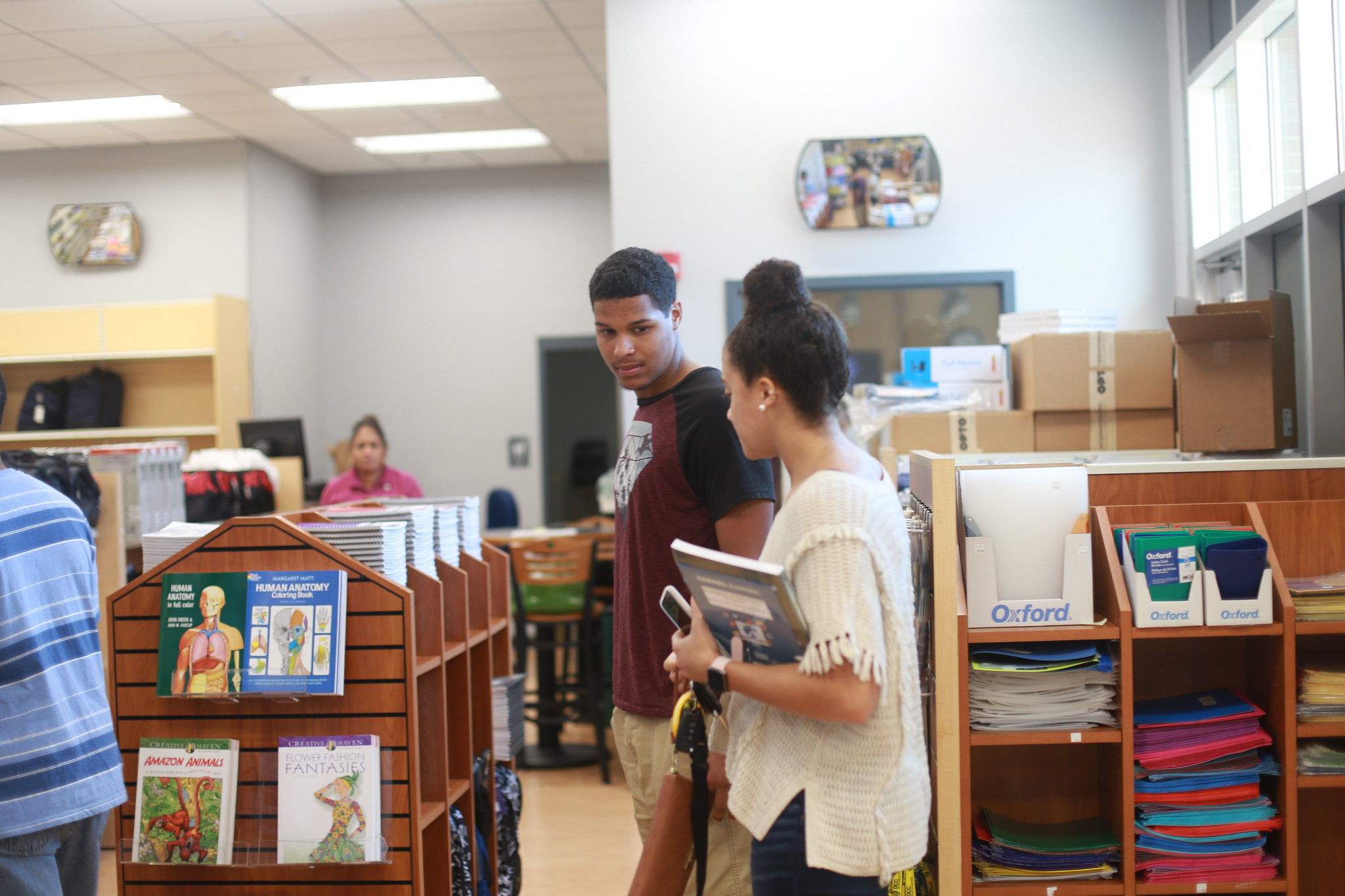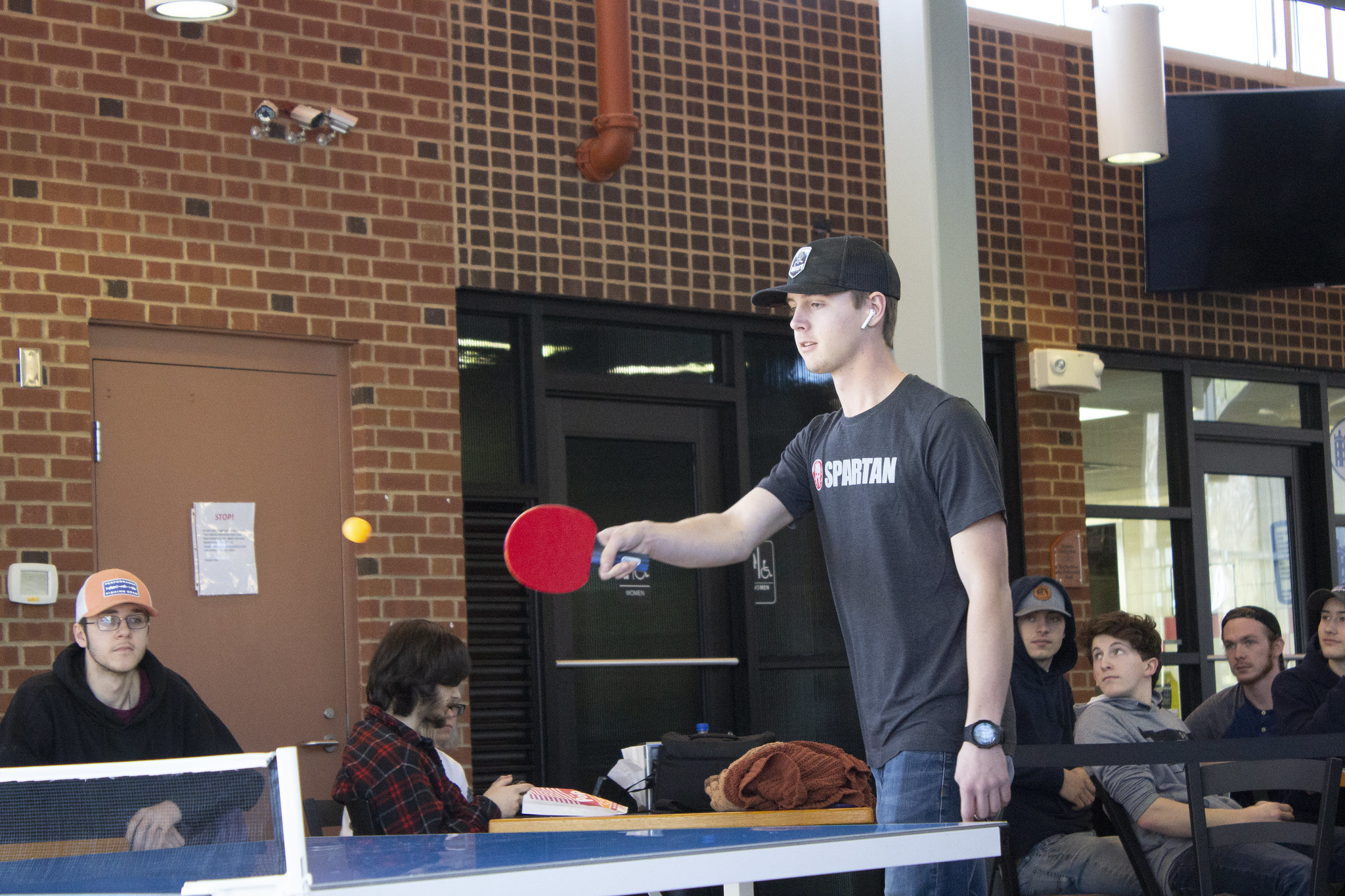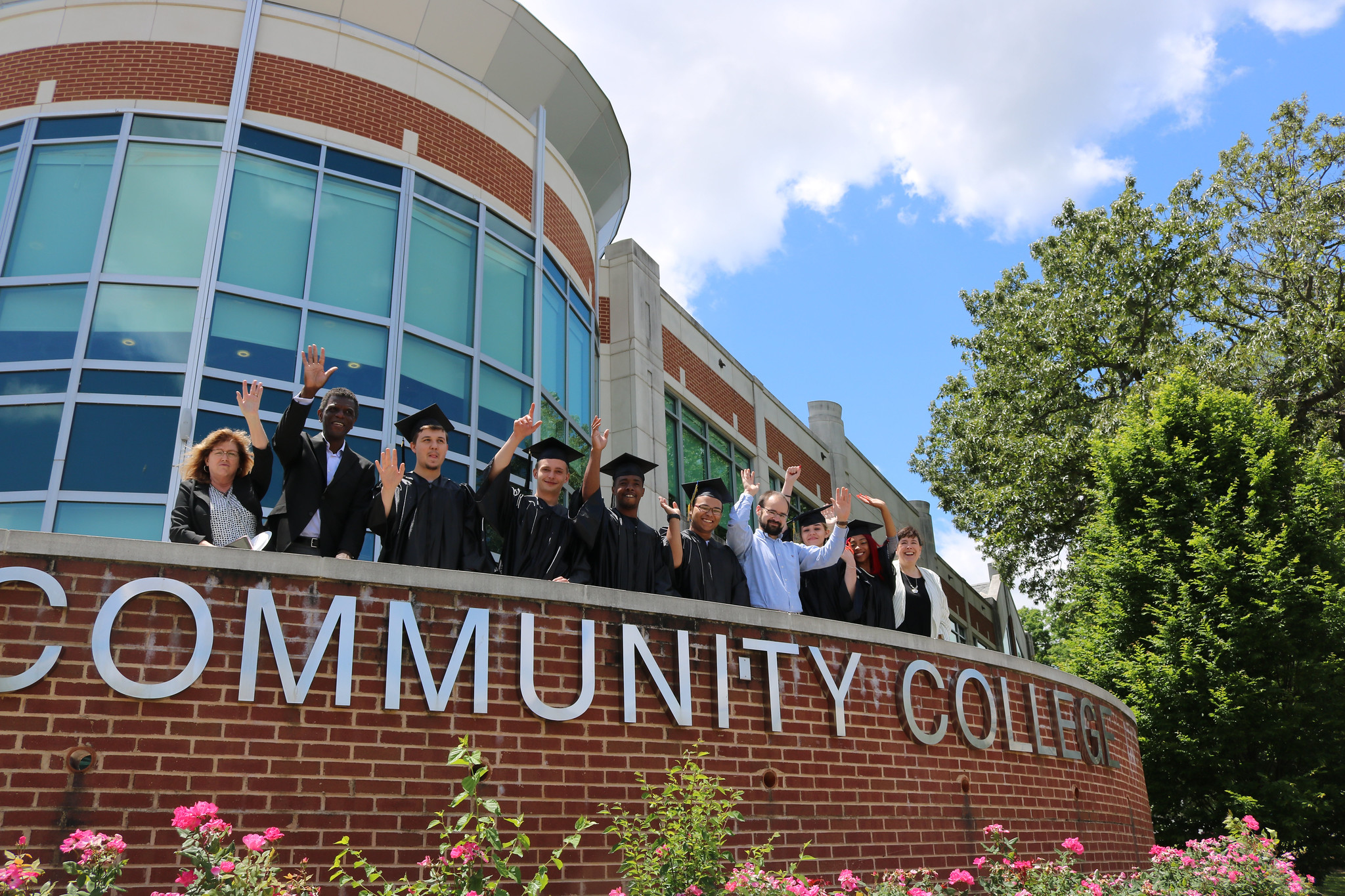Once a student is selected for employment, the onboarding process through the Danville Community College’s Human Resource Office can begin.
Onboarding
After a clear background check is returned and the offer letter is signed, the applicate is moved to “Hire Approved” and launched in our onboarding system, Avature. Then, an employee will receive emails from Avature to complete the following onboarding tasks:
- Personal Information
- Worker Compensation
- Work-Study Agreement
- VCCS General Policies • DCC Policies
- DCC Student Employees Social Security Taxes
- Upload Social Security Card
- Paycheck Options (which includes both Federal and State Tax forms, Direct Deposit Documentation. (Direct Deposit Supporting Documentation (ex. Voided Check) that is uploaded must show both the account number and routing number in full.
- Form I-9 (which includes going to DCC HR Office to show I-9 supporting documents). Section 1 of the Form I-9 must be completed via Avature on or before the employees hire date. To finish completing the Form I-9, the employees must bring I-9 supporting documents to HR; please bring documents on the hire date. (Students typically bring their social security card and driver’s license).
- Enroll in the Notification Alert System
Taxes
Income earned through the Work-Study Program is NOT exempt from federal and state taxation. Students must complete state (Form VA-4) and federal tax withholding (W-4) forms. Questions regarding payroll forms should be directed to the Human Resources Office.
Confidentiality Agreement
All Work-study student employees will be required to sign a confidentiality agreement, which is kept with the HR documents. Regardless of whether the student handles private or sensitive information in the performance of their job, students must be informed of the College policy on confidentially.
VCCS Ethics Agreement
Work-Study student employees who are granted access to the Virginia Community College System’s local and wide area computer systems will be required to complete this certification statement.
Electronic Time Sheet
All hours must be recorded on the Electronic Time Sheet. Pay periods are two weeks long. If the student begins working during the middle of a pay period, it is important to enter the hours in the correct week on the electronic time sheet. Supervisors are responsible for approving the hours; therefore, students must submit their time sheets when it is due to their direct department supervisors. Late time sheet submissions will not be processed until the following pay period.
Pay-Checks
The Payroll Office issues checks biweekly on the Friday two weeks after the end of the pay period. Thus, any student starting at the beginning of a pay period will not receive a first check for four weeks. Direct Deposit is the recommendation method to receive a paycheck. Other options would need to be discussed with the HR Office. The first payroll check will be a paper check, picked up in the HR Office.
Wages and Benefits
The current wage rate is $13.50 an hour for work-study positions. Work-study students do not receive benefits such as insurance, sick leave, or vacation leave.
Schedules and Breaks
To ensure that a student meets but does not exceed his or her earnings limit, it is best to divide the student’s limit by the hourly rate and the number of weeks per semester. The result will be the approximate hours per week the student should work. The Financial Aid Office will provide this breakdown to the student worker for their records. The supervisor will be provided the total hours awarded and the average number of eligible employment hours that may be worked each week.
Students and employers should establish a work schedule that is convenient for both parties. Once this schedule is established, the student is responsible for working those hours and must communicate with the supervisor when an absence is needed. Students are not allowed to work during their scheduled class time. The student and supervisor are responsible for tracking the number of hours worked so that the number of total hours awarded is not exceeded.
A new schedule should be revisited at the beginning of each semester. Students should not work more than fifteen (15) hours per week, and should not work over thirty (30) hours per pay period. Work during college breaks is permitted if mutually agreed upon by the student and supervisor. However, remember that the income earned during these periods will count towards the student’s work-study award limit. If students work six or more hours a day, they are entitled to a 20-minute break and/or lunch.
Contacts



